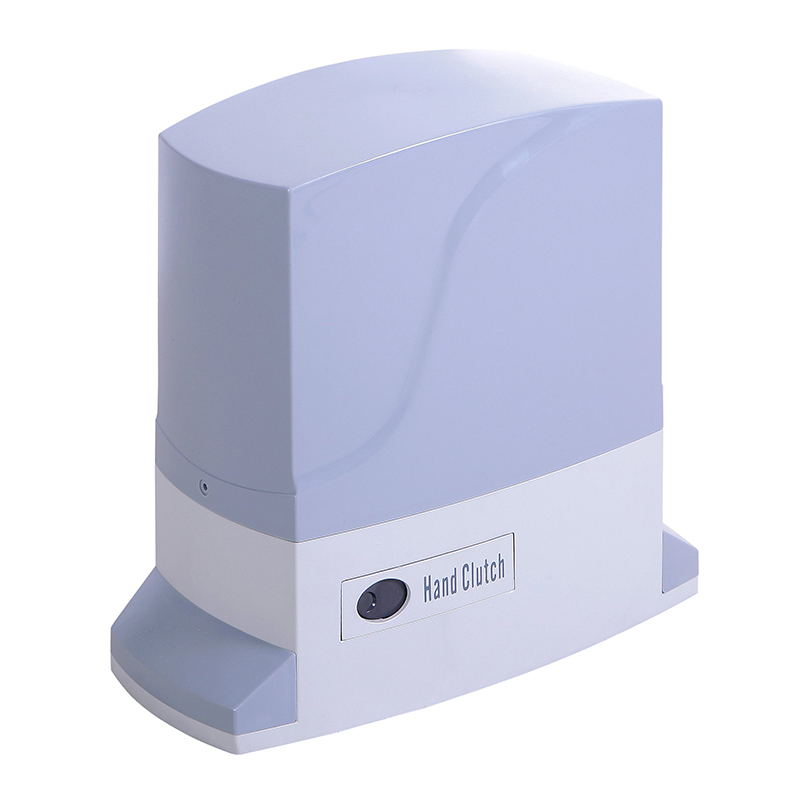Automatic gate openers have become increasingly popular for enhancing convenience, security, and accessibility in residential and commercial settings. However, one of the key challenges faced by manufacturers is ensuring compatibility with the diverse range of gate types and sizes found in the market. In this article, we'll explore the strategies and technologies employed by automatic gate opener manufacturers to ensure compatibility with various gate types and sizes, allowing for seamless integration and operation.

1. Versatile Design and Adjustable Features:
To accommodate different gate types and sizes, automatic gate opener manufacturers design their products with versatility in mind. This includes incorporating adjustable features such as gate brackets, mounting hardware, and gate arms that can be customized to fit various gate configurations. By providing flexibility in installation, manufacturers ensure that their automatic gate openers can be adapted to different gate styles, materials, and dimensions.
2. Comprehensive Compatibility Testing:
Leading automatic gate opener manufacturers conduct extensive compatibility testing to ensure that their products are compatible with a wide range of gate types and sizes. This involves testing the automatic gate opener with various gate materials (e.g., wood, steel, aluminum), gate styles (e.g., swing, slide), and gate sizes (e.g., single, double) to verify seamless operation and performance. Through rigorous testing protocols, manufacturers can identify any compatibility issues and make necessary adjustments to ensure compatibility across different gate configurations.
3. Modular Design and Expandable Systems:
Some automatic gate opener manufacturers offer modular designs and expandable systems that can be tailored to specific gate requirements. These systems allow for the addition of supplementary components or accessories, such as gate extension kits, to accommodate larger or heavier gates. By providing modular and expandable options, manufacturers ensure scalability and adaptability to diverse gate sizes and configurations without the need for extensive modifications or replacements.
4. Customization Options:
Manufacturers of automatic gate openers often provide customization options to meet the unique needs of customers with non-standard gate configurations. This may include offering custom-built gate opener systems or providing accessories and add-on components that can be integrated into existing gate setups. By offering customization options, manufacturers can address specific requirements related to gate size, weight, and design, ensuring compatibility with a wide range of gate types and sizes.
5. Customer Support and Guidance:
Automatic gate opener manufacturers prioritize customer support and guidance to assist users in selecting the appropriate product for their specific gate requirements. This includes providing comprehensive documentation, installation guides, and technical support to help customers determine compatibility and ensure successful installation and operation. Manufacturers also offer assistance in troubleshooting any compatibility issues that may arise, ensuring a seamless user experience.
Conclusion:
Automatic gate opener manufacturers employ various strategies and technologies to ensure compatibility with various gate types and sizes, catering to the diverse needs of residential and commercial customers. By designing versatile products, conducting comprehensive compatibility testing, offering modular and expandable systems, providing customization options, and prioritizing customer support, manufacturers ensure seamless integration and operation of automatic gate openers across different gate configurations. As a result, customers can confidently choose automatic gate openers that meet their specific requirements, enhancing convenience, security, and accessibility for their properties.